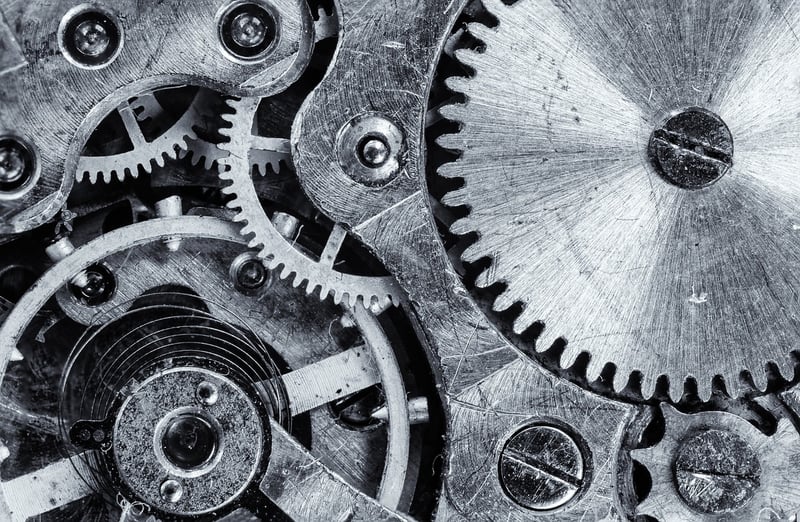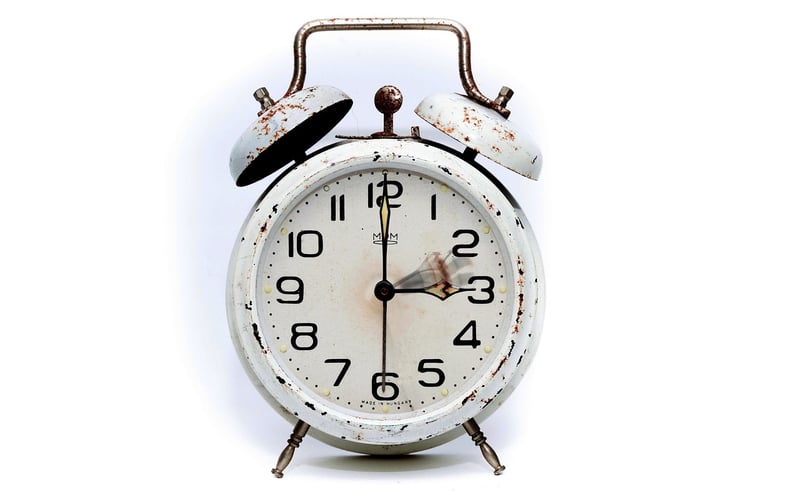Grandfather Paradox
Moral Dilemmas in Time Travel and the Grandfather Paradox
Time travel has long been a fascinating concept in science fiction, raising intriguing questions about morality and the consequences of altering the past. One of the most famous paradoxes associated with time travel is the Grandfather Paradox, which explores the idea of what would happen if a time traveler were to go back in time and prevent their grandfather from meeting their grandmother, thus preventing their own existence.
The Grandfather Paradox
The Grandfather Paradox presents a moral dilemma that challenges our understanding of cause and effect. If a time traveler were to change the past in a way that prevents their own birth, it raises the question of how such a paradox could be resolved. Would the time traveler cease to exist, or would alternate timelines be created to accommodate the change?

Moral Implications
Time travel also poses ethical questions about the implications of altering the past. Should individuals have the right to change historical events for personal gain or to avert disasters? What are the moral responsibilities of a time traveler towards the people and events they encounter in the past?
Temporal Ethics
Temporal ethics refers to the study of moral issues related to time travel. It delves into questions of accountability, causality, and the impact of one's actions on the timeline. As we contemplate the possibilities and consequences of time travel, we are forced to confront our own values and beliefs about the nature of time and reality.

Conclusion
Time travel opens up a world of philosophical and ethical dilemmas that challenge our perceptions of existence and free will. The Grandfather Paradox and other time travel conundrums force us to consider the implications of our actions across different points in time and space. Whether time travel will ever become a reality remains uncertain, but its exploration in literature and film continues to captivate audiences and provoke thought.
